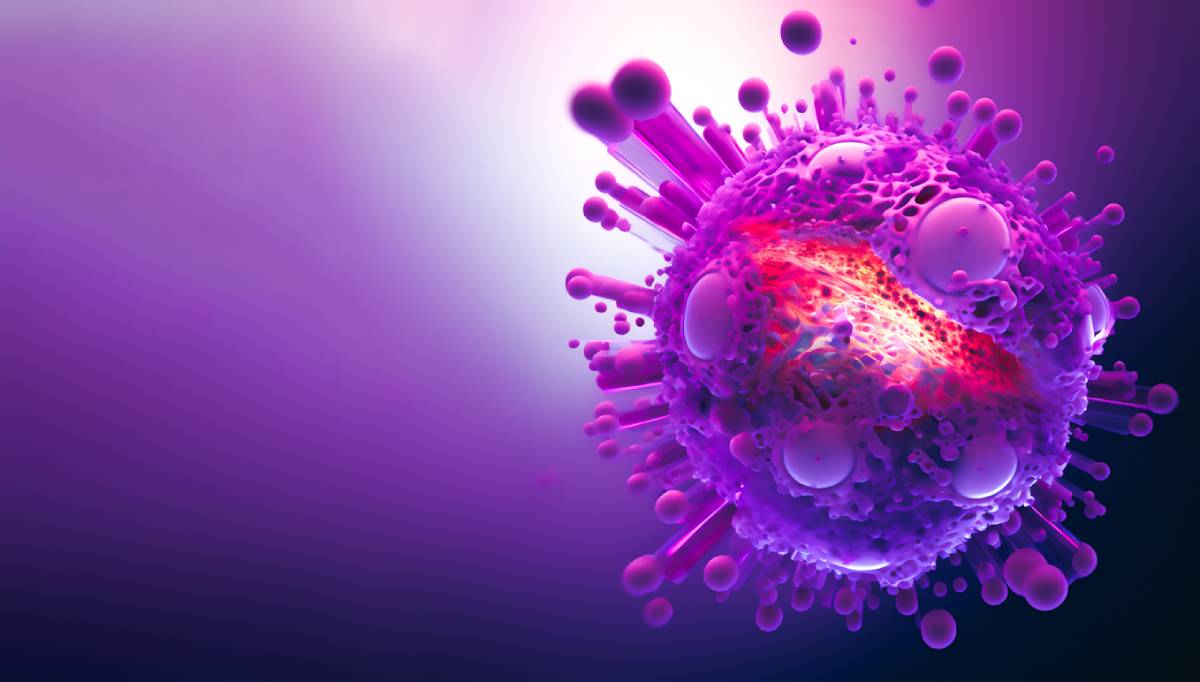Respiratory syncytial virus, or RSV, is a common respiratory illness that usually affects people in a way that’s similar to the common cold. However, some individuals who have underlying conditions might be impacted in more severe ways by this disease. A common concern then is: does RSV affect the lungs permanently?
That said, only individuals with especially severe underlying conditions will be permanently affected by RSV. Otherwise, the disease will mostly be experienced as an acute condition that is resolved in about a week.
Does RSV Affect the Lungs Permanently?
Knowing the risk factors for how this might play out can give you a leg up in preparing for your own experience with RSV and whether you should seek out the services of a specialist for asthma treatment.
The Typical RSV Experience
RSV is a lung infection that carries with it many of the familiar symptoms that one experiences with similar respiratory illnesses – coughing, wheezing, mucus production, and shortness of breath. Most patients will only experience these symptoms briefly, and will find themselves resolved within a week of contracting the illness.
However, there are certain conditions that can be exacerbated or exacerbated by RSV when it hits. What follows is a summary of some of the conditions of note.
Asthma
Individuals with asthma have airways that become swollen or blocked by mucus, which can make it hard to breathe. Asthma is, unfortunately, a chronic condition that must be treated with medication of various kinds, most prominently with inhalers.
RSV shouldn’t impact your asthma in a permanent sense, but it might trigger an asthma flare or attack. Individuals with asthma should try to keep track of their symptoms while they’re sick with RSV and contact a medical professional should their symptoms become more concerning.
Pneumonia
Pneumonia is a condition when your lungs become inflamed and fill with fluid following a viral, bacterial, or fungal infection. This condition can make it hard to breathe, and might be accompanied by a cough with heavy amounts of music.
Individuals with moderate or severe pneumonia may find that their symptoms become substantially worse while they also battle an RSV infection. This can extend the symptoms of RSV for well beyond their typical period.
Another lung condition that RSV can produce in conjunction with pneumonia is bronchiolitis, a condition that causes a substantial amount of inflammation in a patient’s airways.
COPD
COPD refers to a set of diseases that can impede one’s ability to breathe normally. Some diseases that fall under this umbrella include chronic bronchitis and emphysema. Like asthma and pneumonia, RSV can inflame the pre-existing symptoms that individuals with these conditions face.
Some of the symptoms of these conditions include chronic coughing, wheezing, shortness of breath, and difficulty performing day-to-day tasks. When under the influence of RSV, these symptoms can become significantly more irritating.
Heart Disease
Conditions that impact the lungs usually take their toll on one’s cardiovascular system as well. If an individual has underlying vulnerability in their heart through conditions like coronary artery disease or congestive heart failure.
In the long run, there’s also evidence to suggest that respiratory illnesses might impact an individual’s chance of contracting heart disease at some point in their lifetime. You can consult with your physician about whether or not this might be a risk with you while you discuss the finer points of your situation with RSV.
Treatment Options for RSV
The most effective way to protect yourself against RSV impacting you in the long term is to receive the RSV vaccine. This can help inoculate you against the virus and increase your overall immunity, lessening the chance that you’ll incur some of the more severe potential symptoms from the disease.
Should you experience long-term consequences from a case of RSV, there’s a chance that your doctor will deem it prudent to prescribe some type of medication or treatment to diminish the overall impact of the disease. Examples of this include supplemental oxygen, inhalers and physical therapy.
If you have an active case of RSV and experience any of the following symptoms, then you should consult a healthcare professional as quickly as possible:
- Fever
- Dehydration
- Bluish skin
- Wheezing
- Shortness of breath
- A cough that becomes progressively worse
- Pain when you take a deep breath
- You feel like you can’t get enough oxygen
Southern California’s Best Resource for Asthma Treatment
Dr. Mayan Shukla is well known as one of NYC’s best doctors for issues of sleep and pediatric lung care. If you’re struggling with asthma and are concerned that you might be susceptible to the impacts of RSV, contact Dr. Shukla today to make an appointment.

